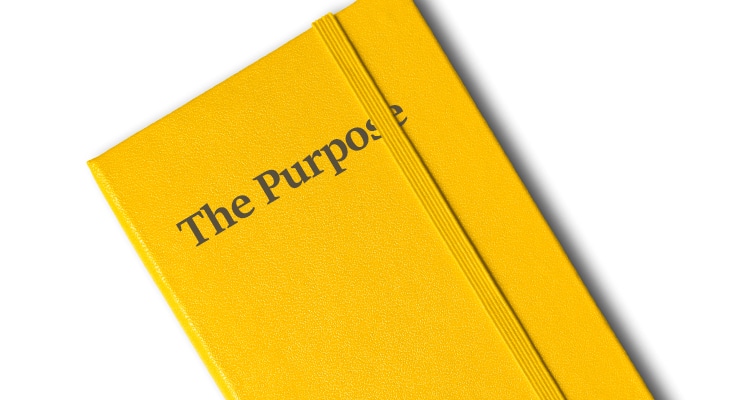In a previous article, we talked about the benefits of journaling in our physical, emotional, and mental health. And it’s even backed-up by numerous studies.
But the question is, how do you implement journaling into your life? How can squeeze-in this therapeutic art into your busy scheduler? We got you covered! Here are 9 tips on how to start and take advantage of journaling.

Know the Purpose of Your Journal
A journal is more than just a diary. A diary is just a record of what you did during the day. But a journal is a repository of what you did plus the emotions you felt during that time. It’s more personal because it’s like a self-reflection. And you get to know yourself better.
The first step to make this work is to understand what you are writing for. A journal can be used to process emotions, record your daily life and thoughts, and as a gratitude journal.
According to Journal Therapy, it can be summarized with the mnemonic: W.R.I.T.E.
- W – What topic?
- R – Review/reflect (By channelling your emotions while writing)
- I – Investigate (Your thoughts and feelings while writing)
- T – Time yourself
- E – Exit smart (by rereading and reflecting after)

You Can Start Small
Journaling doesn’t mean that you have to write paragraphs by paragraphs at the onset. That’s quite hard, especially if you’re busy. You can actually start small with extremely easy journaling.
It might be just one sentence per day. As you build the habit, you can try our two sentences. And when you feel like it, write down as many as you can.
The length of your writing doesn’t matter. What matters is building the habit moving forward.

It Should Be Private
Your journal is something for your own consumption only. It’s not a narrative that you show to people. It’s something private to you. After all, not everyone is comfortable showing their all to others.
With this privacy, you are free to express yourself at its rawest form without judgement.

Write as Fast as Possible
Sometimes, we don’t do something because of our inner critics and insecurities. How can you start when you want everything to be perfect. But then, you can only have progress if you actually start. Quite ironic, right?
To stop yourself from thinking this way, you can write as fast as possible. Free write what you are thinking. You can even set up a timer to push you to write non-stop.
Write as fast as possible so that your mind can’t keep up with all its negative ramblings.

It’s Alright to Make Grammatical Errors
And for the grammar nazis out there, know that it’s alright to have grammatical errors. No one will read it –– at the very least when you’re still writing it. More than paragraph coherence, proper tenses, and diction, what’s important is the process of pouring out your emotions into the journal.

The Time You Journal Doesn’t Matter
Should you write in the mornings or before you sleep? Well, it doesn’t matter. If that’s during the mornings, do that. If evenings, follow that as well. If it’s an erratic schedule, push through that.
What matters is that you use journaling as a tool to process your emotions.

Dig Deep Through Your Emotions
And speaking of emotions you should dig deep within yourself. Write whatever is on your mind. But make sure to question yourself how you are feeling when writing it. How did the interactions or realizations make you feel?
Always ask questions. This can help you process the emotions on a more positive level.

Accept that, Primarily, Journaling is For Reflection, Not For Solution-Finding
With all the benefits of journaling, you might think it’s a solution for your looming problems. I say to you, don’t be pressured. Journaling is not for solution-finding. It’s an avenue for your self-reflection.
Yes, you might have a eureka moment along the way. But don’t do it for that. Do it for your mental and emotional health.

Tell Yourself the Truth
Sometimes, we lie to people about what we truly feel. It might be to save face or we’re just not open to sharing our feelings. But the worst thing you can do is lie to yourself.
It might not be the most ideal or it might be painful, but it’s essential to process your emotions through journaling. Allow yourself to pen it down regardless. Pour out what you are feeling and what preoccupies your mind.
If you are hesitant to write something, write down what you don’t want to write about. And if permitting, write about it anyway. Again, your journal is your safe space. You can be true within these pages.

Now, Where Should You Write?
There are many ways to journal. You can opt for a traditional pen and notebook. Or you can use applications like Journey or Evernote. For me, I use digital notebooks because it’s more convenient.
Regardless of what you choose, pick something that can make your journaling sustainable in the long run.

Conclusion
Are you ready to take advantage of journaling? Incorporate these tips to harness the power of journaling in your life! Cheers! Good luck!

